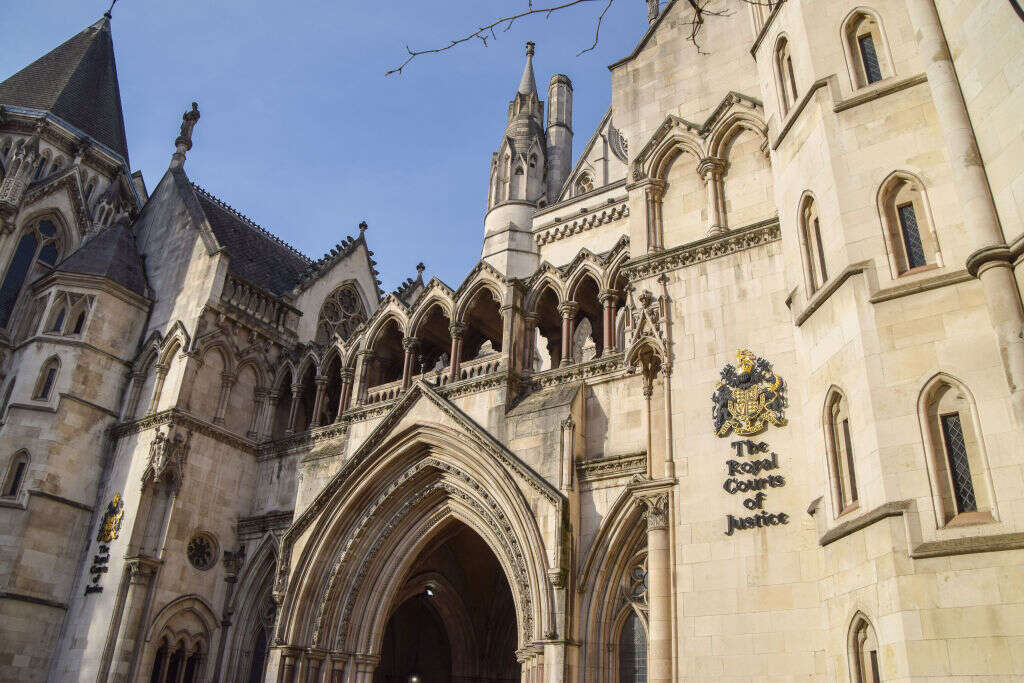
The UK government has recently set out proposals to crack down on SLAPP litigation – claims commenced with the aim of making improper use of the legal system in order to prevent public criticism of an individual or entity. The government has issued a call for evidence relating to SLAPPs.
But what are the proposals and what practical difference might they make to journalists? Carolyn Pepper, partner, and Olga Kacprzak, trainee at Reed Smith, set out the options.
Proposed reforms
The first thing the government is considering is introducing a new statutory definition to help identify SLAPP cases. There are, however, a number of difficulties with creating a working definition of SLAPPs and with differentiating a SLAPP case from a case in which there is a legitimate cause for complaint. For instance, any test which is based on the improper intention of the claimant is likely to prove difficult to satisfy, as evidence of an improper aim is rarely readily available.
The government is also considering introducing a new right of public participation i.e., the right to express views on matters of public interest. This is a change of emphasis – instead of ‘public interest’ being a defence to an action for libel, there could be a positive right to express views on matters of public interest in addition to the general right to freedom of expression.
Furthermore, the government is re-examining the serious harm test, which was introduced by the Defamation Act 2013 to prevent libel claims except in cases where “serious harm” has been or is likely to be suffered, to assess whether it is a sufficient deterrent to SLAPPs. A further layer of protection could be added for journalists here if the bar is raised further.
Burden of proof
The government is considering shifting the burden of proof in SLAPP cases to the claimant, so that the claimant must prove that the statement complained of is not true – (a reversal of the current approach where the defendant must, where truth is the defence, prove that what was written is true, which can be very difficult) and reforming the public interest defence by expanding it to cover a wider category of cases, although it is unclear what that may mean in practice.
The shifting of the burden of proof in particular could significantly improve the prospects of successfully defending a libel claim. However, if this only applies to SLAPP cases, the problem of identifying the case as SLAPP litigation remains.
Another suggestion involves introducing an “actual malice” threshold so that SLAPP claimants would have to prove an improper motive on the part of a defendant publisher to succeed. While this would strengthen the position of journalists and publishers, the government has indicated that the need for access to justice would have to be borne in mind when considering this proposal.
UK Bill of Rights
The government is also consulting on the proposed UK Bill of Rights, intended to replace the Human Rights Act 1988. The consultation proposes the strengthening of the right to freedom of expression with a presumption in favour of upholding that right, subject to exceptional countervailing grounds defined by Parliament. If these proposals go ahead, this is likely to be good news for journalists.
Additional reforms
Suggested procedural reforms centre around the earlier disposal of cases identified as SLAPP litigation with the intention of reducing the financial burden on defendants. Proposals include reforming the rules relating to pre-action conduct in SLAPP cases and providing for costs and case management consequences for failures to comply with those rules (although this may have limited effect given that SLAPP litigation is not likely to be commenced by those without deep pockets).
Amendments to strike-out procedures are also being considered so that SLAPP claims can be struck out as early as possible.
Additionally, more use of Civil Restraint Orders, which are usually used for vexatious litigants to prevent them from issuing proceedings without the court’s consent, could also be used for SLAPP litigation (although these orders are usually only made in clear cut cases).
Consideration is also being given to treating the serious harm test as a preliminary issue to be considered before trial and to adopting a formal permission stage for SLAPP cases, which could help to dispose of cases more quickly, but which will also add to the cost if a claimant is successful in the early stages.
Entirely separate case and costs management regimes could also be introduced for SLAPP litigation. Suggestions include a costs-capping system for SLAPP cases, which would limit the amount of legal costs that the claimant could recover, and thus act as a deterrent.
On the surface, the government’s proposals seem to be good news for journalists and the media more generally.
However, the devil will be in the detail here. Identifying SLAPP litigation will be key to the proposed reforms and doing so may not be easy.
Picture: SOPA Images/Getty Images
Email pged@pressgazette.co.uk to point out mistakes, provide story tips or send in a letter for publication on our "Letters Page" blog
